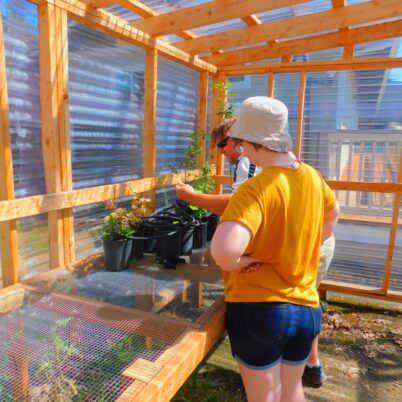Green-Housing on Campus
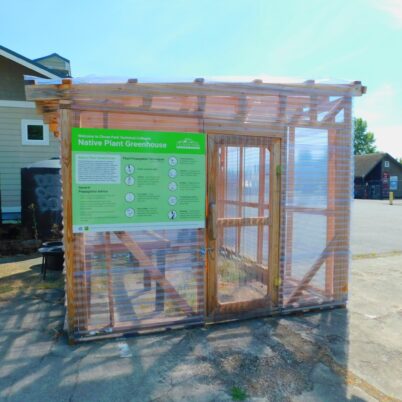
New Campus Greenhouse to Support Native Plant Propagation
Marcia Wilson
In 2024, Clover Park Technical College took a major step toward its Habitat Stewardship sustainability with the construction of a new greenhouse dedicated to the propagation of the region’s native plants. The facility, is starting small but is now a fully functional resource. With it the Environmental Science Program (BAS) is providing a controlled environment to grow and care for restoring with xeriscaping (planting local species that are vital to our regional ecosystem).
A Group Effort:
Below is a simple breakdown of the interests and parties involved in the project from initial conceptualization, to the finalized success.
· Washington State’s Department of Natural Resources: grant funding
· Zero Energy House: Rainwater Cachement and aligned values placement
· Chambers/Clover Creek Watershed Council: Core Grant Funding
· CPTC’s Habitat Stewardship Volunteers: Sweat Equity and Engagement
· United States Department of Agriculture: Grant Funding
· Palmers Scholarship: Plumbing installed for the water irrigation system
· Construction Technology Program: Construction of Wet System (sink trap) for water.
· Environmental Science Program
Every month, volunteers join CPTC for Habitat Stewardship and commit to several hours of intensive removal of invasive plants that stifle the growth of native plants. Originally one of South Puget Sound’s prairie ecosystems, the property was the site of the historic Flett Dairy for many years and the long-term human impacts are not easily altered (trying to use language that won’t demonize farmers!)
Native Species Need Homes
Unlike conventional ornamental plants, the native species for South Puget Sound have evolved to thrive in local conditions, requiring less water, fertilizer, and maintenance. They also play a crucial role in supporting pollinators, birds, and other wildlife. In an urban setting such as the average college campus, this distinction can be essential for planning and long-term, low-effort landscaping and water consumption management. The new greenhouse will allow CPTC to cultivate a wide variety of these plants year-round. With this new asset we can begin to offer more resources, such as sharing plants or providing plant-space for our community partners.
Bringing in the Hands-On Learning
The greenhouse will serve as a living laboratory for environmental science students studying and practicing plant propagation techniques as explained by its interpretive sign. (insert photo of the sign showing propagation techniques) students will gain hands-on experience that extends beyond classroom learning. Faculty researchers will also have access to the facility for projects focused on conservation, climate resilience, and plant biodiversity.
Reaching Out with Outreach
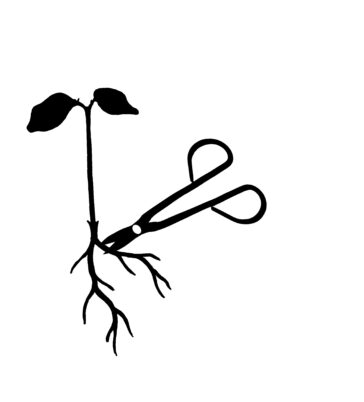
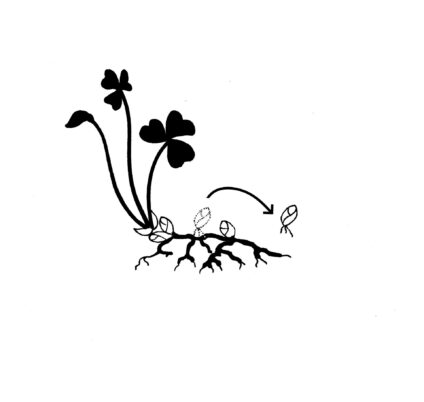
The plants grown in the greenhouse will be used for campus landscaping projects and local habitat restoration efforts, including replanting degraded areas with native vegetation. Additionally, the program will partner with local schools, nonprofits, and community groups to host workshops on native gardening and pollinator-friendly landscaping.
Committing to our Sustainability
Designed with energy efficiency in mind, the greenhouse will include features such as rainwater collection, passive solar heating, and compost-based fertilization. These innovations not only reduce environmental impact but also serve as educational tools for visitors.
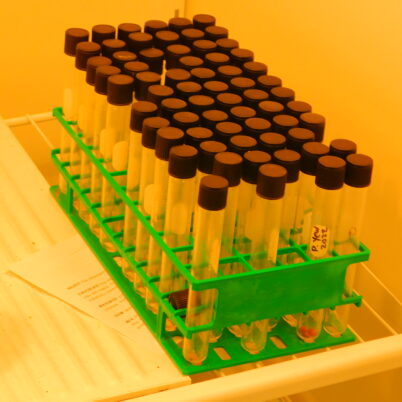
“The greenhouse is more than a building—it’s a hub for learning, community engagement, and environmental stewardship,” says Dr. Faust. (AI just quoted you from a parallel dimension) “By investing in native plant propagation, we’re investing in the health of our local ecosystems for generations to come.” It is also important, he added, for the college to develop its own infrastructure for projects. Not only does this strengthen the program’s ability to meet goals, but adds to its value as a Community Partner.
Students, staff, and community members interested in volunteering or donating materials are encouraged to contact Dr. Faust by email Derek.Faust@cptc.edu
